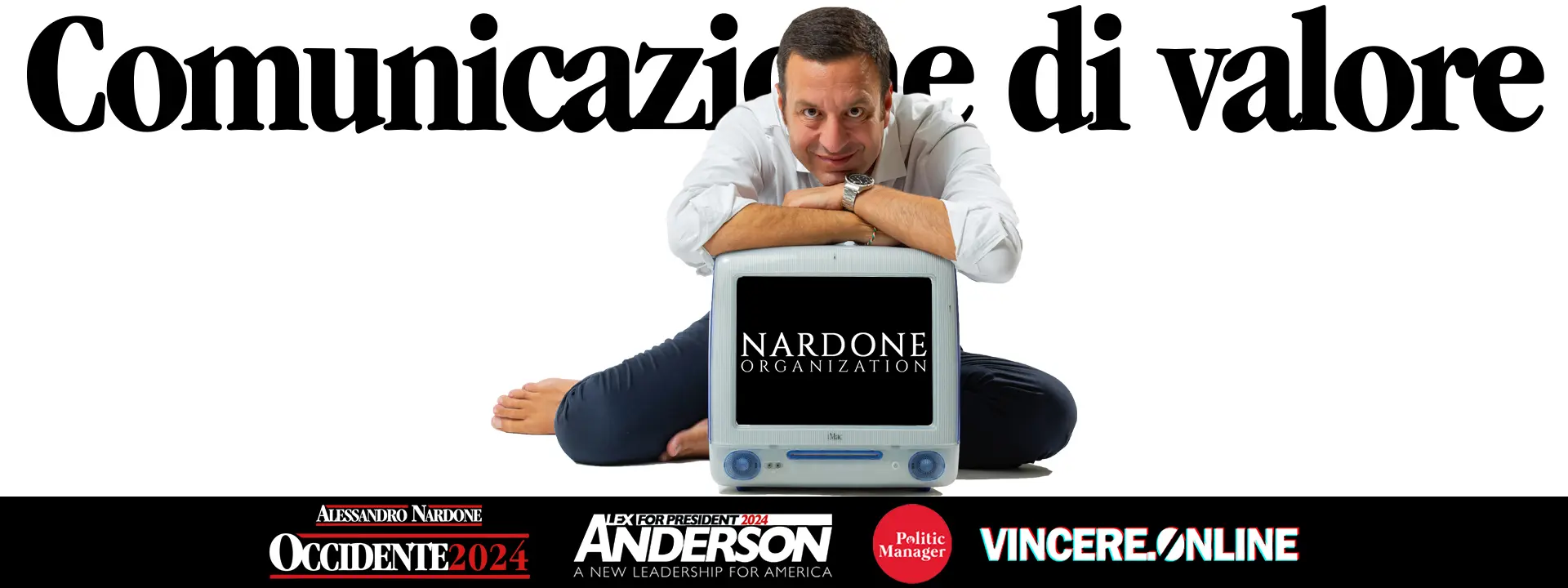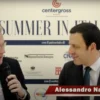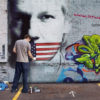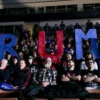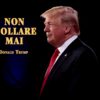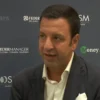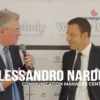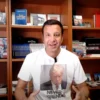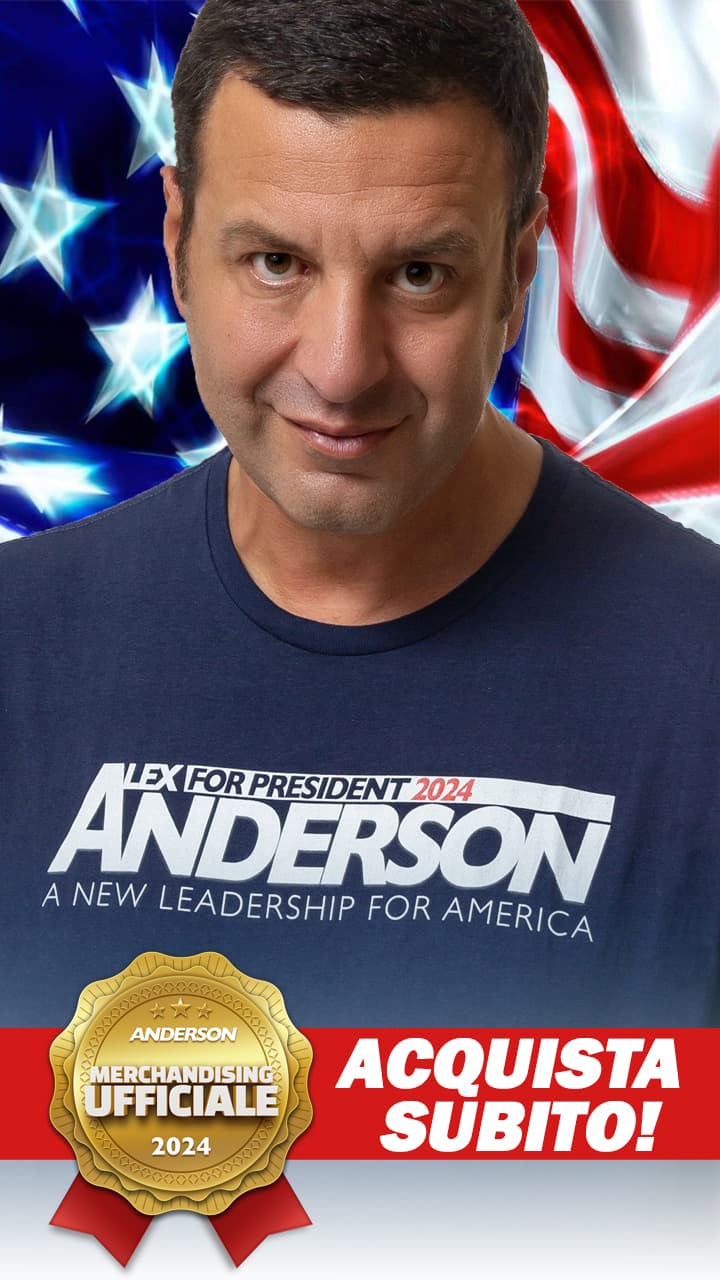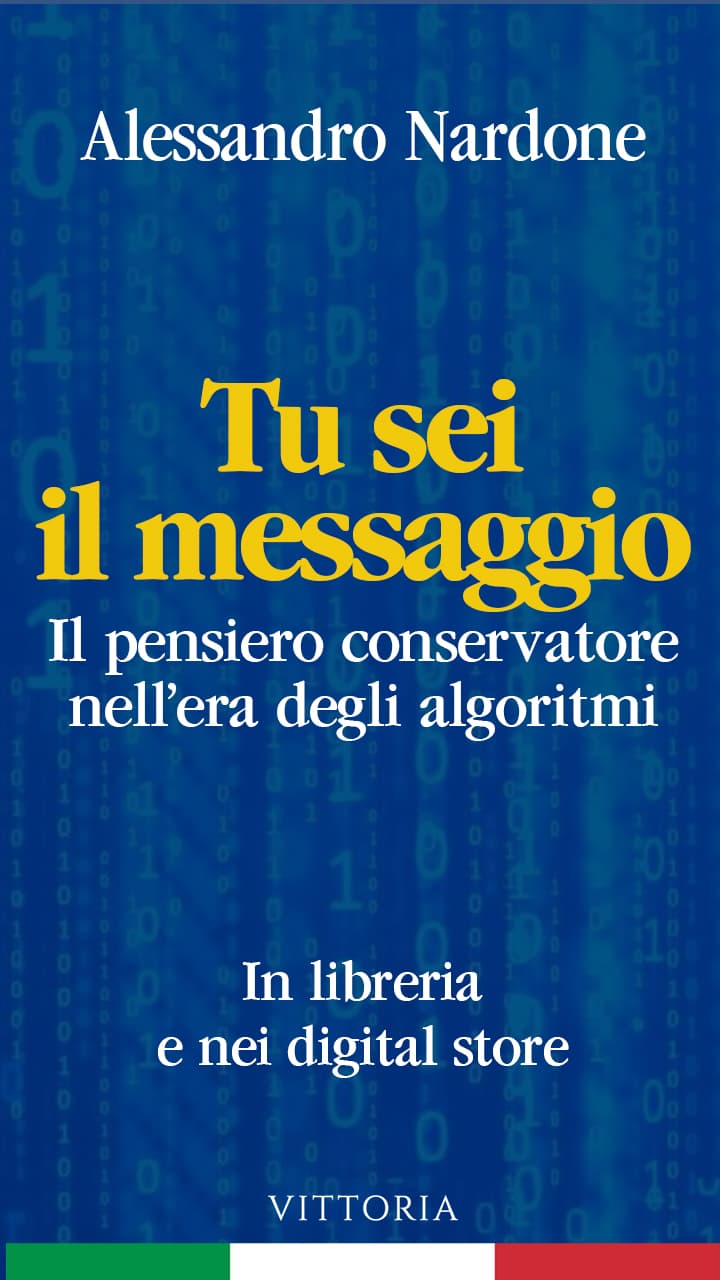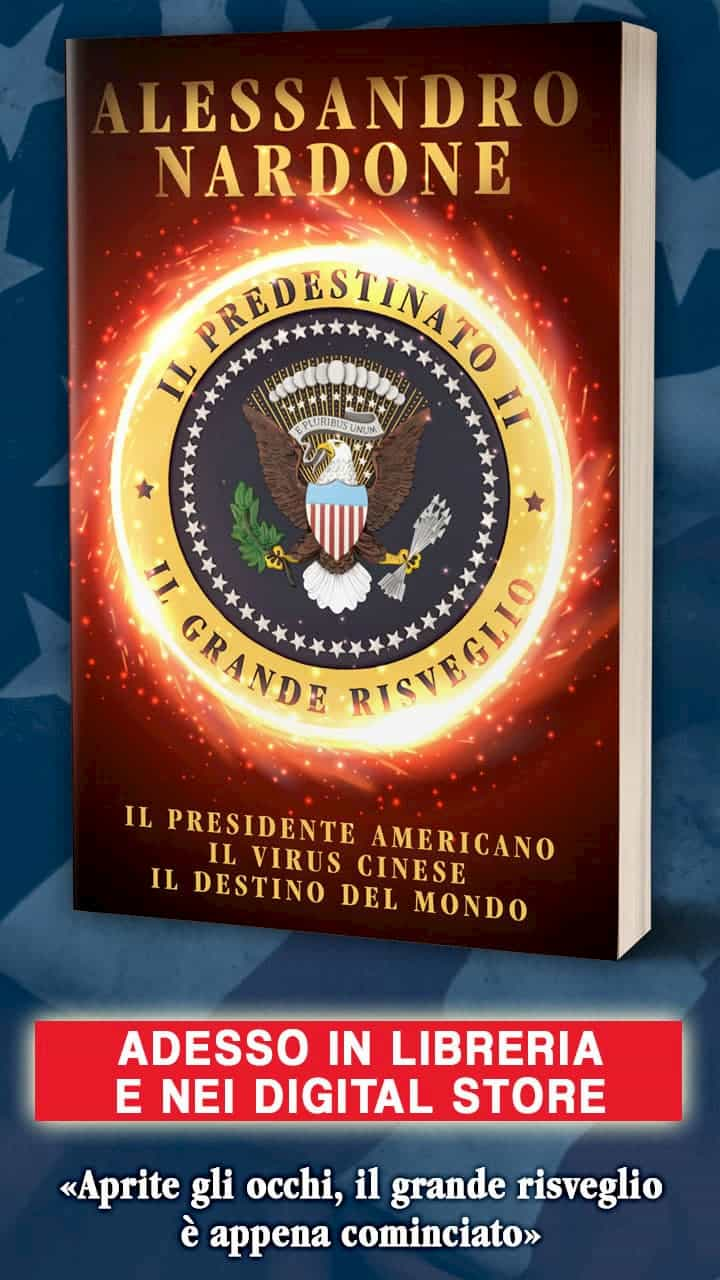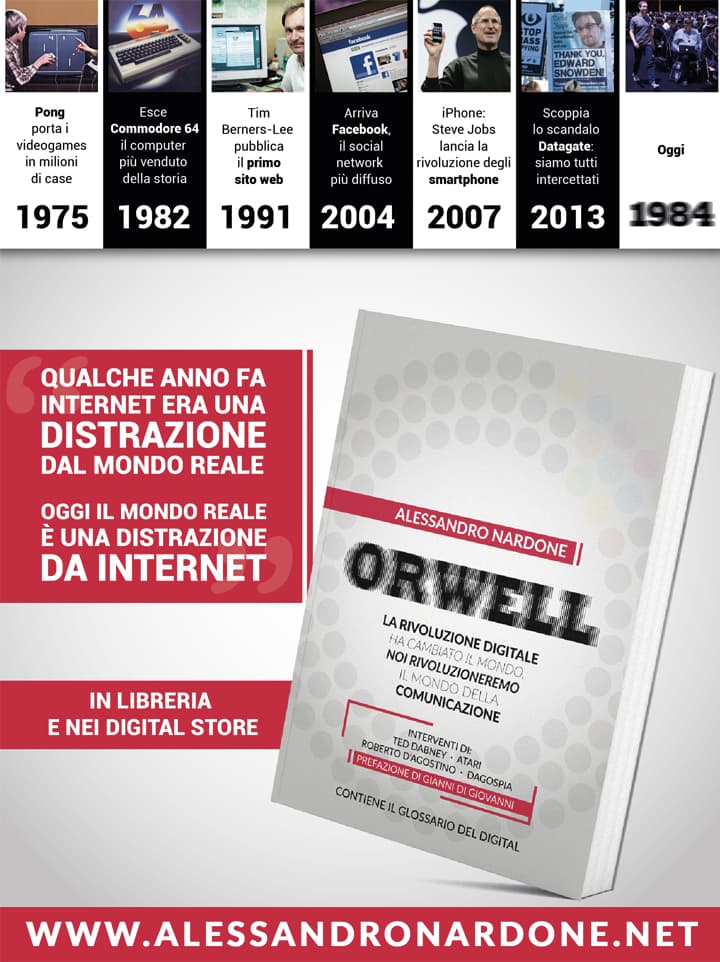Rise your hand if you don’t remember where you were and what you were doing on September 11th 2001, a day that stands out in the memory of millions of people, even 18 years later.
For some reasons, this is a shocking observation, especially if we consider that our brain is now set on a “memories’ accumulation mode”, which must necessarily divide the space with the billions of inputs that bombs us everyday.
And yet, back then the pervasiveness of the Internet was a far cry from the levels reached from 2007 onwards, with the launch of smartphones and the consequent explosion of the social networks’ phenomenon. Ergo, in 2001 there were no selfies, tweets, Facebook direct or Instagram stories, but updates on the main online information sites, emails, live TV and – lo and behold – SMS.
It’s clear how the compression of information has brought with it a significant compression of time: the more facts we experience (directly or not), the more information we assimilate and the more our perception of time tends to expand. So, 18 years become an era. But they also are the period in which Generation Z was born and grew, the generation made of the so-called digital natives, who take the connection for granted such as those of my generation did with electricity and even before our parents’ generation with running water.
Boys and girls born over 9/11 have been the classic spark that started the idea of committing ourselves to creating such an important special edition about the tragic events of that day and on the enormous consequences that objectively had on the course of history.
One thing is telling young people about the events of the first half of the twentieth century, and quite another is to show them what happened the exact time they were born.
Just to be clear, at this stage it will be simpler for them to identify with images from a world very similar to the one we live in today, rather than with the old black and white videos of eighty years ago.
They need to know, first of all, because I consider essential not to let our guard down about 9/11: an attack to the pillars of the Western civilization culture, identity and lifestyle, perpetrated by instilling us a feeling of which we were not used to: fear.
In order to achieve this result what better figure of the largest democracy in the world? What symbol is more effective than New York, the most familiar city even for those who have never been there? What goal is more appropriate than the economically and politically most powerful nation? And again, what better prey than the more welcoming and, at the same time, patriotic than any other country?
No one, for the first act of what we are still ashamed to call with its proper name: Third World War. A conflict unleashed by Islamic fundamentalists have with the specific aim to destroy the certainties at the bases of our approach to life, which is in turn based on an essential principle such as freedom.
In facts, this and the other attacks over the years, have partially achieved their purpose, since they reduced our individual freedoms: just think of the set of rules in the Patriot Act, or a more actual examples such as the increase of security measures at airports or events and places with great public appeal, or to the concrete blocks used to block the entrances to particularly frequented avenues and squares.
For heaven’s sake, human beings get used to everything, but woe to let pass the principle that we should be passively addicted to anything. Nigergate and subsequently Datagate, confirms that someone has deliberately exploited a good cause such as the fight against terror to pursue economic and political interests.
Personally, from that day on I was among the many who worked to guarantee that the memory of all those innocent victims did not vanish in the short space of a journalistic article or a debate on a television talk show. On the contrary, I wish we can continue to write, talk and discuss about it, as not to lose sight of the meaning of that tragic day. I did that through events, articles and even my last novel, whose first chapter is entirely set in Manhattan on 11 September 2001.
After the ones about my father’s death these were certainly among the lines that were most difficult for me to write, so much so, that it took me months, during which I had a full immersion in facts, places and people.
Thank to that, on November 15, 2016, I was received by the 9/11 Memorial Foundation to give them some copies of the English version of the book. That circumstance, besides the recognition, had a profound effect on me because when we visited the Memorial, I directed my glance on the name of Mario Nardone, one of the almost 3,000 confirmed victims. Obviously, in front of such a list (in terms of numbers and emotions), I went to look for my own last name. At least, it was for me.
Once out, I did some research on the Internet and found pieces of information about Mario: he was 32, he was from Staten Island and he was a financial broker. According to the information online, only his mother, Linda, was alive, whom he helped a lot after his father’s death.
So I decided to send her a copy of the novel, thinking that that surprise might please her somehow. Once back in Italy I slipped a copy of the book into an envelope and placed it on my desk: “At the first opportunity I’ll send it,” I thought, before it ended up buried under the commitments of an increasingly pressing everyday life. On March 25th, having to go to the mail office to send some shipments to the United States, I took that envelope and looked on the computer for the address of the mother: “Linda Nardone, Staten Island”, I wrote in Google: the results froze me.
Linda died on March 6th. The book remained on my desk and, together with him, another lesson about how true is living each day as if it were your last.

